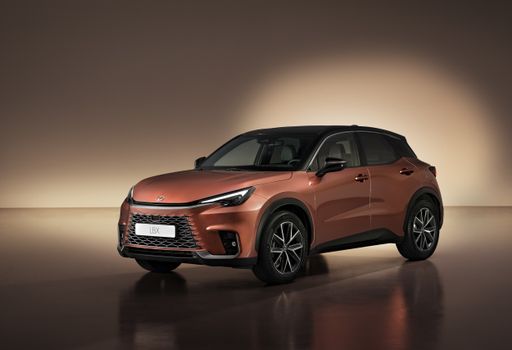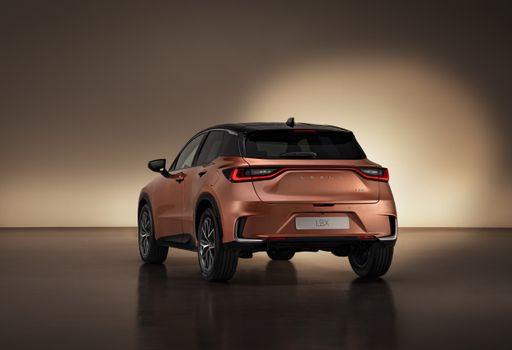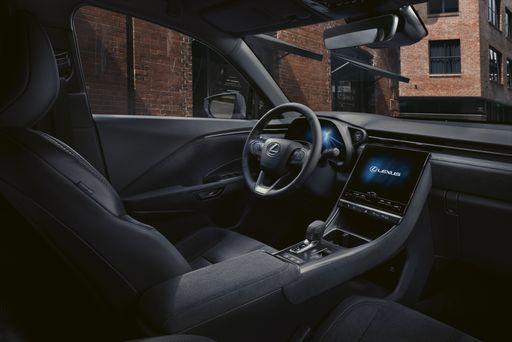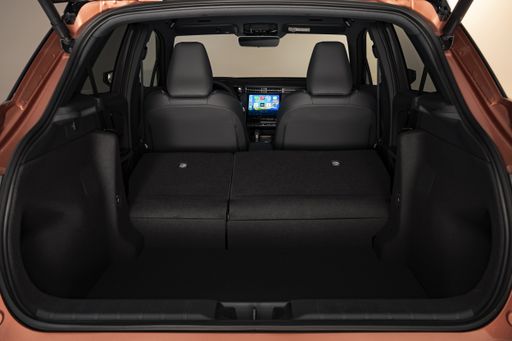Hyundai Kona vs. Lexus LBX: Battle of the Subcompact SUVs
The subcompact SUV segment is bustling with innovation, and the 2024 models of Hyundai Kona and Lexus LBX are at the forefront. These two vehicles not only provide elegant styling and advanced features but also offer a variety of powertrains catering to different preferences. In this comparison, we'll delve into the technical specifications and innovations that make these SUVs stand out in the market.








